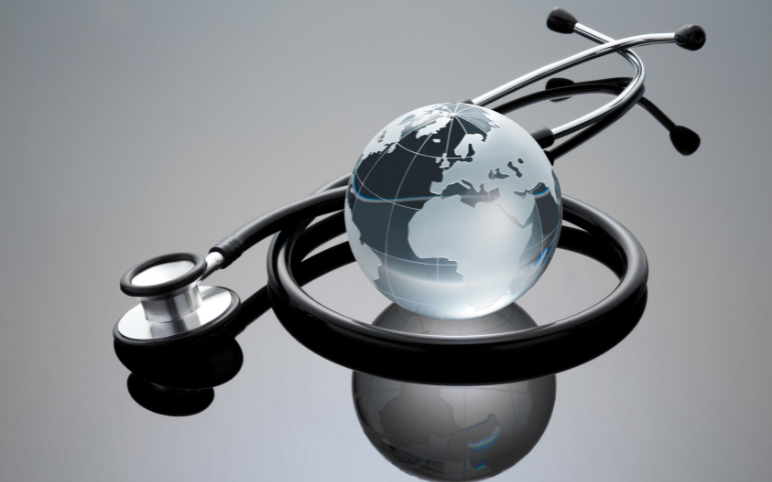
Apr 03, 2025
Jan 02, 2019
The promise and dangers of editing the genome of a human embryo are being discussed by scientists around the world. They are contemplating whether it should be allowed or not— and if so, under what circumstances?
The meetings have been prompted by the powerful technology known as CRISPR/Cas9. This could be used to manipulate the DNA of embryos in a dish to know about the earliest stages of human development. The genome editing could also be used to ‘fix’ the mutations responsible for heritable human diseases. This could prevent such diseases from being passed on if done in embryos. This lead to widespread concern and discussion among scientists, ethicists and patients. Fears emerge that if genome editing becomes acceptable in the clinic to fend off disease, it will be used to introduce, enhance or eliminate traits for non-medical reasons. This irks Ethicists that unequal access could lead to genetic classism. And any targeted changes to a person’s genome would be passed on for generations, through the germline (sperm and eggs). This would lead to unintended consequences. Many researchers yearn for international guidelines that, even if not enforceable, could guide national lawmakers.
Scientists in China announced that they had used CRISPR to modify the genomes of human embryos. Xiao-Jiang Li, a neuroscientist at Emory University in Atlanta, Georgia, who has used the technique in monkeys. And the developmental biologist Kathy Niakan of the Francis Crick Institute in London applied to the UK Human Fertilisation and Embryology Authority for permission to use the technique to study errors in embryo development that can contribute to infertility and miscarriage. No one so far has announced an interest in producing live babies with edited genomes.
Article in PDF
Guoping Feng, a neuroscientist at the Massachusetts Institute of Technology in Cambridge, expects that gradually, the technique could eventually be used to prevent genetic disease. But he said that it is too early to be trying it in the clinic. If any wrong thing is done, the wrong message will be sent to the public and eventually, the public will not bolster scientific research anymore.
Article in PDF

Apr 03, 2025
